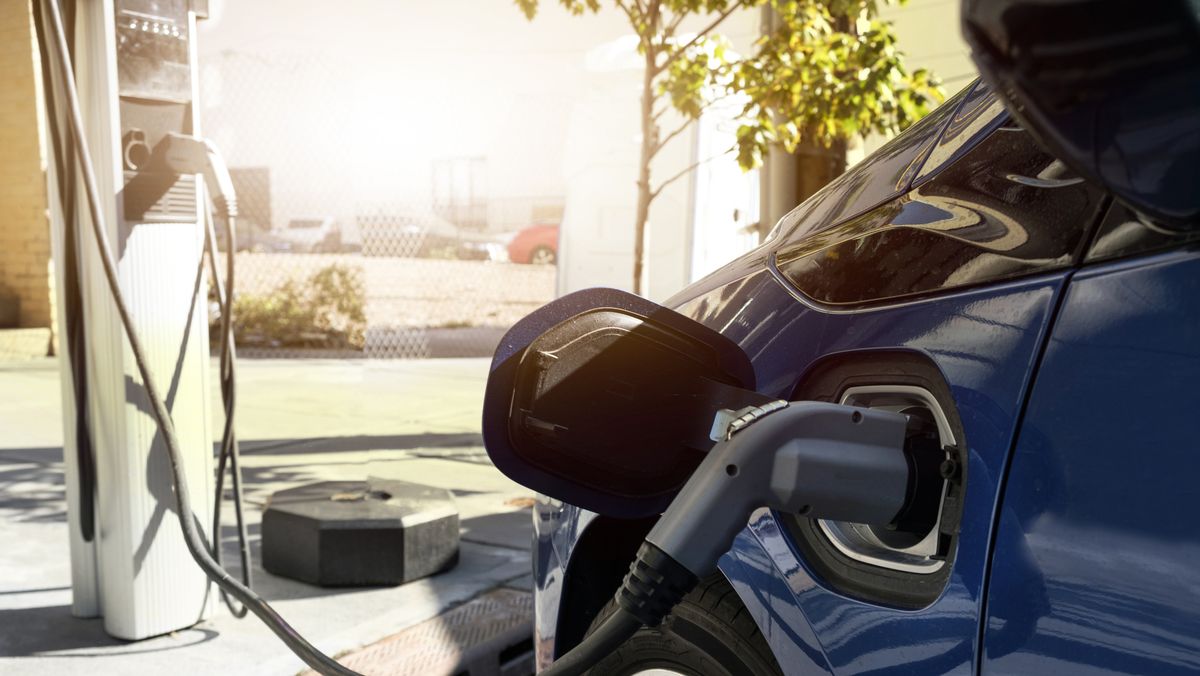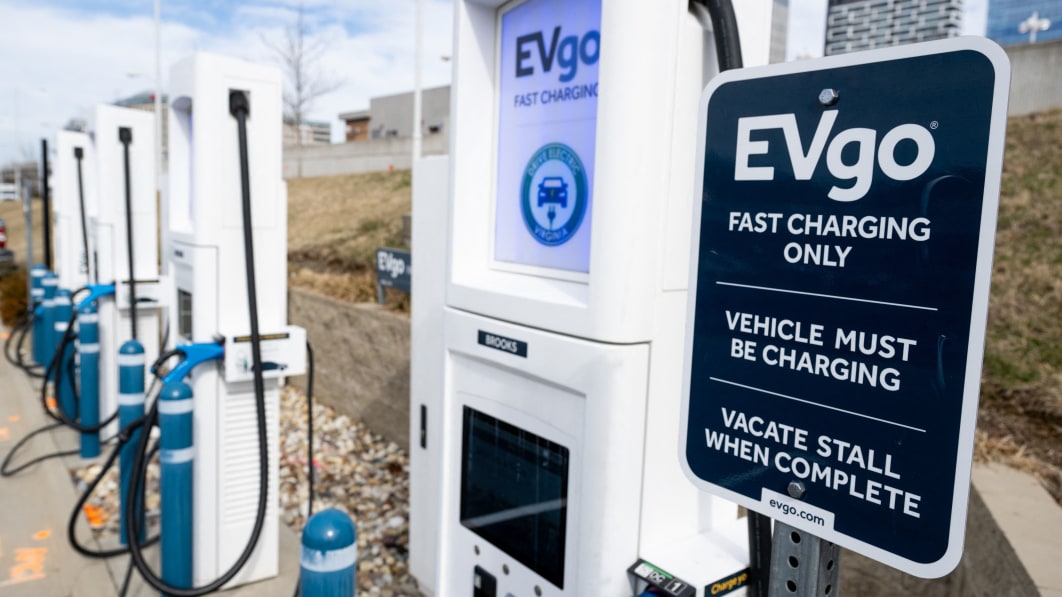The prevalence of electric vehicles (EVs) is on the rise, alleviating concerns about range anxiety, with newer models offering more miles per charge than the average driver.
However, the focus is shifting towards charging speeds, as nobody wants to spend an extended period waiting for their vehicle to recharge. This raises a fundamental question: How long does it take to charge an electric car?
The answer, albeit somewhat frustrating, is dependent on various factors. Charging speeds are influenced by the type of charger, whether it’s a home electric car charger or one at public charging stations, the specific vehicle, and even the weather conditions.

Nevertheless, there are some fundamental principles that can demystify the charging speed puzzle.
To simplify the concept of charging speeds, one can draw an analogy with gas pumps. Similar to the fuel flow in gas pumps, chargers have varying capacities. The larger the hose and nozzle, the more electrons (or fuel) can flow through.
Volts represent the pressure pushing electrons through the circuit, while amps denote the quantity of electrons flowing. Chargers, particularly home chargers with higher amp ratings, charge faster than those with lower amp ratings.
This gas pump analogy extends to public chargers, where charging speed is often advertised in kilowatts (kW). While DC fast chargers boast speeds of up to 350 kW, Level 1 and Level 2 chargers offer 1.4 kW and up to 7.6 kW, respectively.
However, the vehicle itself plays a crucial role in determining charging speed. Even with high-speed chargers, the vehicle can only accept a certain amount of energy at a time.
Fast chargers, with speeds exceeding 350 kW, can significantly boost an EV’s range, but only models equipped with 800-volt capability can fully capitalize on such speeds.
Charging is categorized into three levels, with Level 1 being the slowest, utilizing standard household outlets. Level 2 charging, which often requires 240-volt wiring, can replenish up to 30 miles of range per hour.
On the other hand, DC fast charging, or Level 3 charging, offers the fastest speeds, potentially providing up to 20 miles of range per minute.
The impact of temperature on EV charging speeds is also a consideration. Cold weather can reduce an EV’s range by up to 40%, slowing down the charging process.
Some EVs have systems to mitigate this, like battery thermal conditioning or pre-heaters, but generally, it’s advisable to avoid fast charging in extreme cold.
Furthermore, the advent of 800-volt architecture in EVs holds promise for improved charging times across the board.
Higher voltage results in faster charging times and vehicles with 800-volt architecture tend to be more efficient, offering more miles per kilowatt-hour.
In summary, while the charging time for electric cars varies based on multiple factors, understanding the basics of charging speeds, temperature considerations, and emerging technologies like 800-volt architecture can help users make informed decisions for an optimal charging experience.

